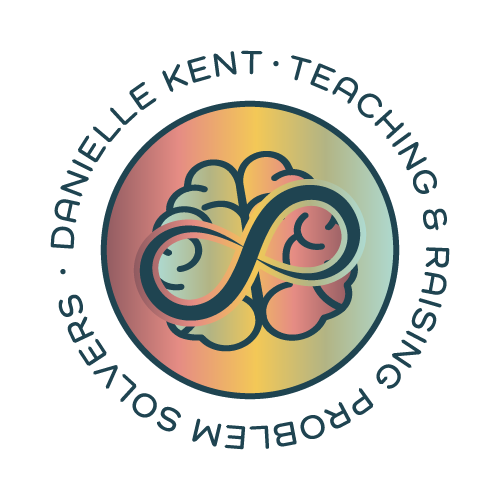What IS Regulation?
Regulation is a hot topic word- one that may be hard to understand if you’re not in the education or therapy worlds. I thought that as we get into the sequence of CONNECTION-COREGULATION-RECOMMENDATION it is a good time to define REGULATION.
If you look Regulation up in the dictionary- you get some interesting definitions-
‘the action or process of regulating or being regulated’
synonyms- adjustment, control, management, balanced, setting, synchronization
When we look deeper into Regulation for ourselves and our children- it gets more interesting.
I define regulation as the ability to be aware of and connect our emotional and physiological states- and use strategies to manage our behavior and be present in the moment. So essentially- let’s say I start to get really frustrated in a business meeting when someone is rude and my brain starts to go into fight-fright-flight mode and I feel like I am ready to scream or say something not nice- but I implement some strategies first to calm my brain- breathing, writing things down- whatever it is. I’ve become aware that my behavior was about to shift in an unexpected way for a business meeting and so I am using my perspective taking skills (‘what will people think if I just start yelling right now’) as well as my regulation skills. I practice these skills and the more I use them- the more those neurons fire.
Schools talk a lot about SELF-regulation- the ability I described above, but one of the key things that needs to happen in order for SELF-regulation to happen is that kids feel safe and secure, and have experience regulating with ADULTS. We call this CO-regulation.
The essence of coregulation is this- if you repeatedly get enough messages from trusted adults that you are safe and secure- aka your emotions are accepted and adults will support you regardless of how you feel- even when you’re mad and upset- then you’ll learn to independently develop and adopt strategies for regulating your body. Likewise the opposite is true- if you get messages from adults that you are not safe and secure (e.g., your feelings aren’t valid or wanted) when you’re mad, frustrated, or upset, then you won’t feel safe with those emotions and develop strategies to handle them.
The reason why I am SO big on adults understanding regulation is that- without supporting kids to regulate- they can’t get to and use the thinking and learning parts of their brain. The brain is really cool- AND it’s wired so that the thinking parts are accessible mainly when the student is in an overall calm, or regulated, state.
Next time we talk about regulation, we will talk about awareness of regulation- meaning how kids develop regulation skills- starting when they’re young. Because yes- it starts VERY, very young.
What questions do you have? What do you want to know? I’d love for you to drop a line-

